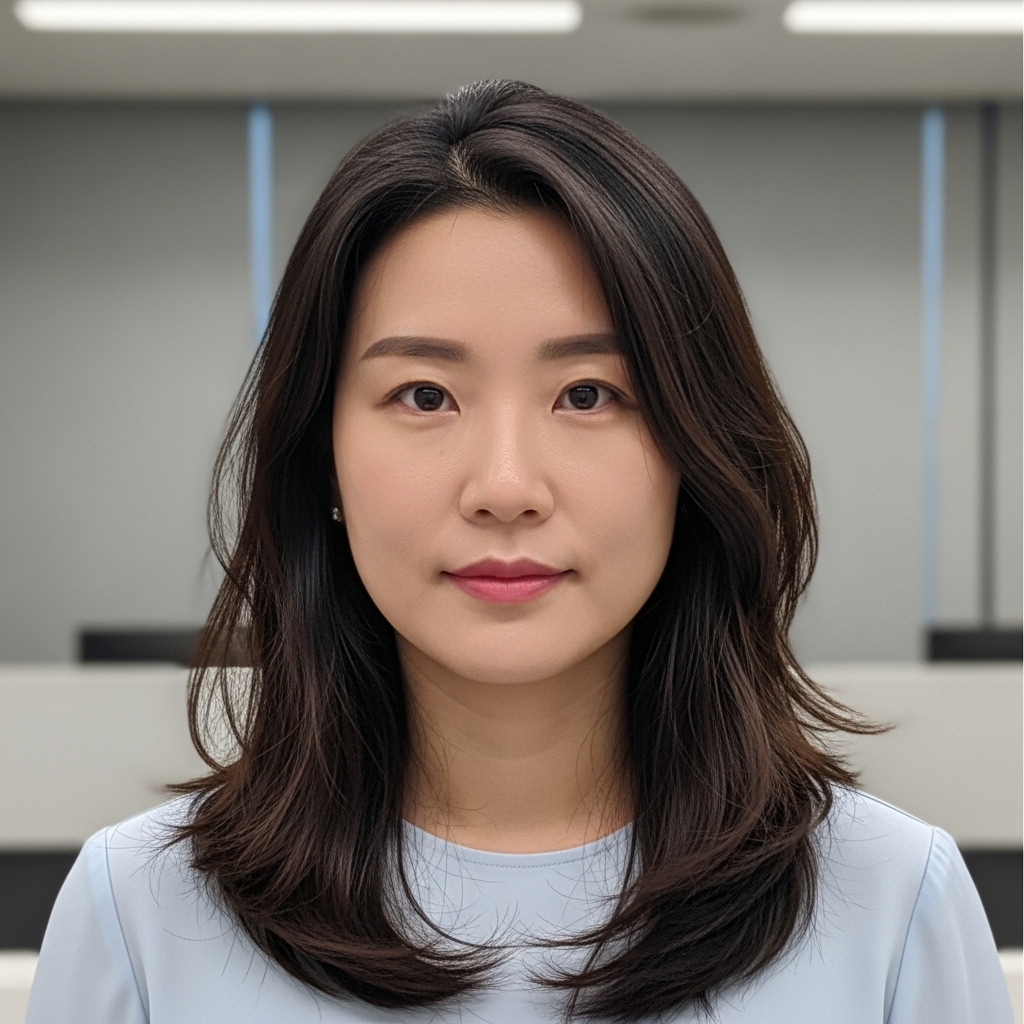
AI filmmaking venture Utopai East targets data infrastructure
AI filmmaking is shifting from experimental studio tools to compute-heavy infrastructure as a new joint venture backed by Stock Farm Road and Utopai Studios sets out to build dedicated systems for movie and television production. The 50-50 partnership, named Utopai East, is designed to tackle the power and data center demands required to apply machine learning across the screen industry.
AI filmmaking will be underpinned by a split of roles in which Stock Farm Road contributes capital, creative expertise and industry contacts while Utopai Studios provides the technology, workflow and infrastructure. Stock Farm Road was co-founded by Brian Koo, the grandson of LG Group founder Koo In-hwoi, and Amin Badr-El-Din, the founder and chief executive of BADR Investments.
In the near term, the partners frame AI filmmaking as a lever to reduce budgets and speed timelines, with early work centered on creators in Korea and collaborations that span established directors and new talent. Production will start on existing facilities and the first content from the collaboration is expected next year, said Utopai Studios co-founder and chief executive Cecilia Shen. Brian Koo said cost control and efficiency are the immediate focus while the team explores formats that were not practical before.
To address worker concerns, the companies say their approach to AI filmmaking is intended to augment rather than automate core creative roles. Shen said the studio’s workflow is designed to sit alongside filmmakers and that writers, directors and actors remain essential to the process. She added that every model and dataset in use is fully licensed and contractually approved to respect the originators of the material.
The infrastructure push behind AI filmmaking is tied to Stock Farm Road’s recent agreement with the Jeollanam-do Province government to build a 3-gigawatt data center in South Korea. Koo described the facility as part of a broader plan to provide the backbone for intelligence-driven industries that include manufacturing, energy-to-information, AI and quantum computing. The data center is expected to underpin Utopai East with comprehensive capabilities for entertainment content spanning data management, creative intelligence, production and distribution.
Financing for AI filmmaking through this venture was not detailed, though the company said capital will come from Stock Farm Road’s investment vehicles as well as global sovereign and institutional investors and partners in film and entertainment. The mix signals growing cross-border appetite for infrastructure that can control cost and scheduling risk in content production.
Regional growth plans for AI filmmaking start with Korean stories and then extend to other parts of Asia, with Japan cited as a natural first step and China and Thailand also seen as promising markets. The emphasis on local intellectual property coupled with broader distribution is intended to translate Korean creativity for wider audiences.
Market context around AI filmmaking points to a shift from model-first experimentation toward integrated pipelines that pair compute, licensed datasets and production workflows. As large-scale facilities meet licensed data and human-led direction, the next wave of studio tooling is likely to be judged by throughput, governance and cost certainty rather than demo reels, a signal that enterprise-grade content is entering its infrastructure phase.

Highlights how AI enhances productivity and transforms creativity
through a user-centered perspective.

